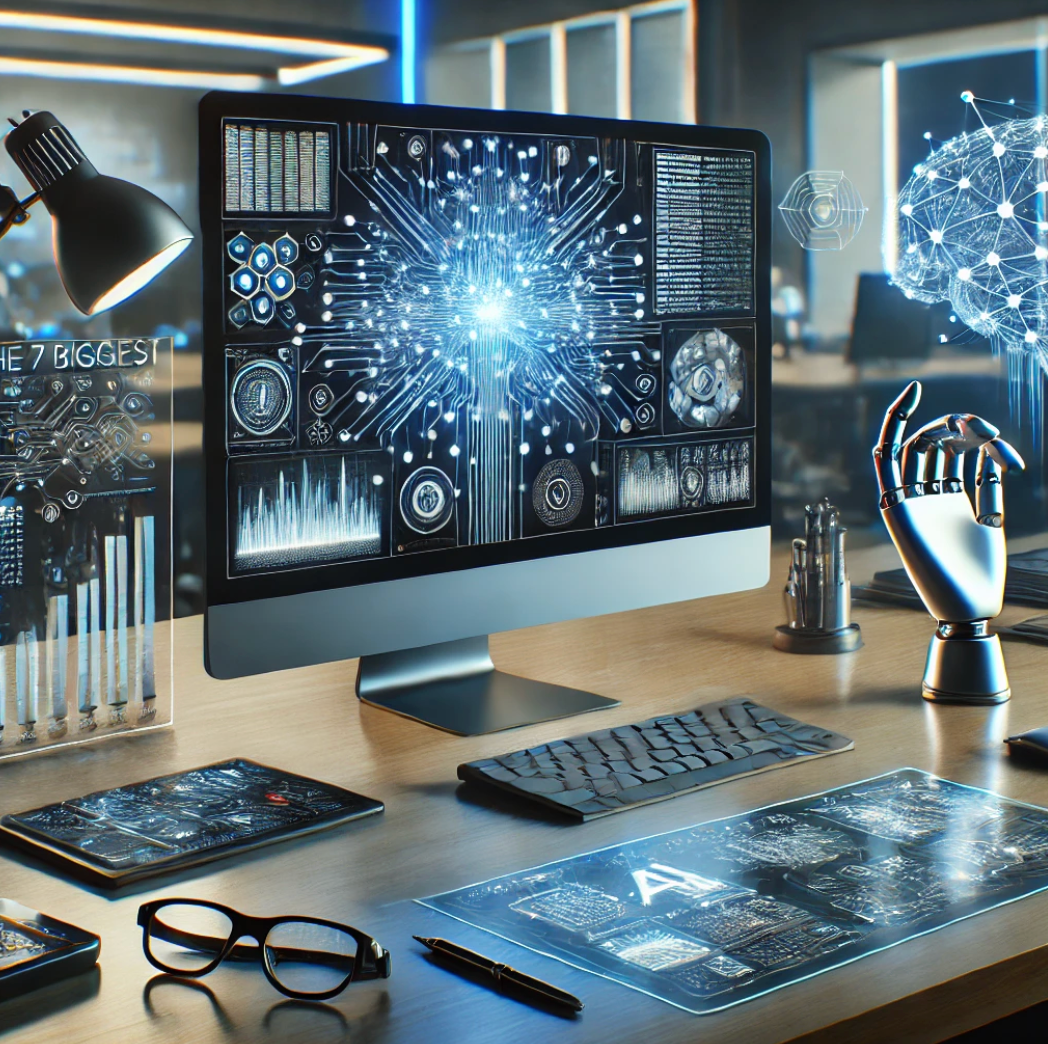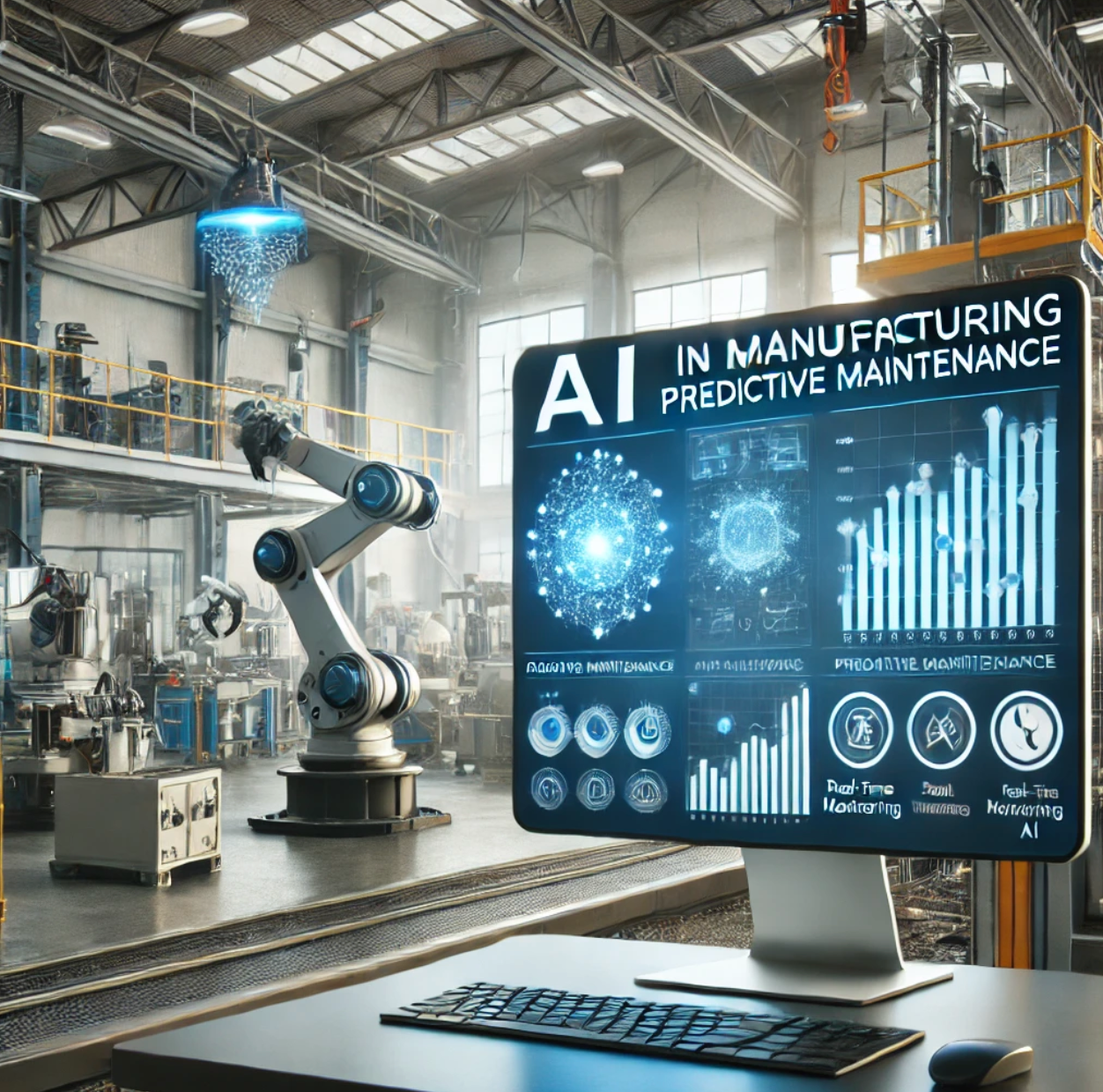
ToolTrendAI
Transportation and AI
Paving the Way for Autonomous Vehicles and Smart Infrastructure
AI is driving the future of transportation, from self-driving cars to intelligent traffic management systems.
1. Self-Driving Cars
Autonomous vehicles represent one of the most visible and transformative applications of AI in transportation:
- Waymo: Alphabet's self-driving car project has driven over 20 million miles on public roads. Their vehicles use a combination of sensors, cameras, and AI algorithms to navigate complex urban environments safely.
- Tesla's Autopilot: While not fully autonomous, Tesla's Autopilot system uses AI to assist drivers with tasks like lane keeping, adaptive cruise control, and automatic parking. The system continually learns from the data collected from Tesla's fleet of vehicles.
- Uber's Self-Driving Technology: Despite setbacks, Uber continues to develop its autonomous vehicle technology. Their AI systems use deep learning to improve object detection and prediction of other road users' behavior.
2. Traffic Management and Urban Planning
AI is helping cities optimize traffic flow and reduce congestion:
- Pittsburgh's Surtrac: This AI-powered traffic management system has reduced travel time by 25% and vehicle emissions by 20% by optimizing traffic light patterns. The system uses real-time data to adjust signal timing dynamically.
- Los Angeles's ATSAC: The Automated Traffic Surveillance and Control system uses AI to manage traffic across 4,500 intersections. It has reduced travel time by 12% and increased average speed by 16% across the city.
- Singapore's Predictive Traffic Management: The city-state uses AI to predict traffic congestion up to an hour in advance with 85% accuracy. This system helps authorities take proactive measures to manage traffic flow.
3. Predictive Maintenance and Safety
AI is improving the safety and efficiency of various modes of transportation:
- Rolls-Royce's Engine Health Management: This AI system predicts engine issues in aircraft, potentially saving millions in maintenance costs and improving safety. It analyzes data from thousands of sensors to detect anomalies and predict maintenance needs.
- Siemens' Predictive Maintenance for Railways: The company's AI-powered system monitors rail infrastructure and rolling stock to predict maintenance needs. This has led to a 30% reduction in maintenance costs and improved rail service reliability.
- Volvo's Car Safety AI: Volvo uses AI in its cars to detect driver distraction and drowsiness. The system can alert drivers or even intervene to prevent accidents.
Customer Service: Enhancing User Experience and Satisfaction
AI is transforming how businesses interact with customers, providing personalized experiences at scale.
1. Personalized Recommendations
AI-powered recommendation systems are helping businesses increase customer engagement and sales:
- Netflix's Recommendation Engine: Netflix's AI system saves the company an estimated $1 billion per year by reducing subscriber churn. The system analyzes viewing habits, ratings, and other data to suggest content that users are likely to enjoy.
- Amazon's Product Recommendations: Amazon's AI algorithms analyze customer browsing and purchase history to provide personalized product recommendations. This system is responsible for 35% of the company's total sales.
- Spotify's Discover Weekly: This AI-curated playlist provides users with personalized music recommendations. The system analyzes listening habits, playlists, and even the audio characteristics of songs to suggest new music.
2. Voice Assistants and Chatbots
AI-powered virtual assistants are becoming increasingly sophisticated:
- Amazon's Alexa: Used by over 100 million devices globally, Alexa can handle tasks from shopping to smart home control. The system uses natural language processing and machine learning to understand and respond to user queries.
- Google's Duplex: This AI system can make phone calls on behalf of users to schedule appointments or make reservations. It uses natural language processing and generation to conduct human-like conversations.
- Replika: This AI companion app uses natural language processing to engage in conversations with users, providing emotional support and companionship. The app learns from interactions to become more personalized over time.
3. Sentiment Analysis and Customer Feedback
AI is helping businesses understand and respond to customer sentiment more effectively:
- Airbnb's Review Analysis: Airbnb uses natural language processing to analyze customer reviews, helping them identify and address issues quickly. This system can detect nuances in language to gauge customer satisfaction accurately.
- IBM's Watson Tone Analyzer: This AI service analyzes text for emotional and language tones. Businesses use it to understand customer sentiment in social media posts, reviews, and support tickets.
- Hootsuite Insights: This social media management platform uses AI to analyze sentiment across social media platforms. It helps businesses track brand perception and respond to customer feedback in real-time.
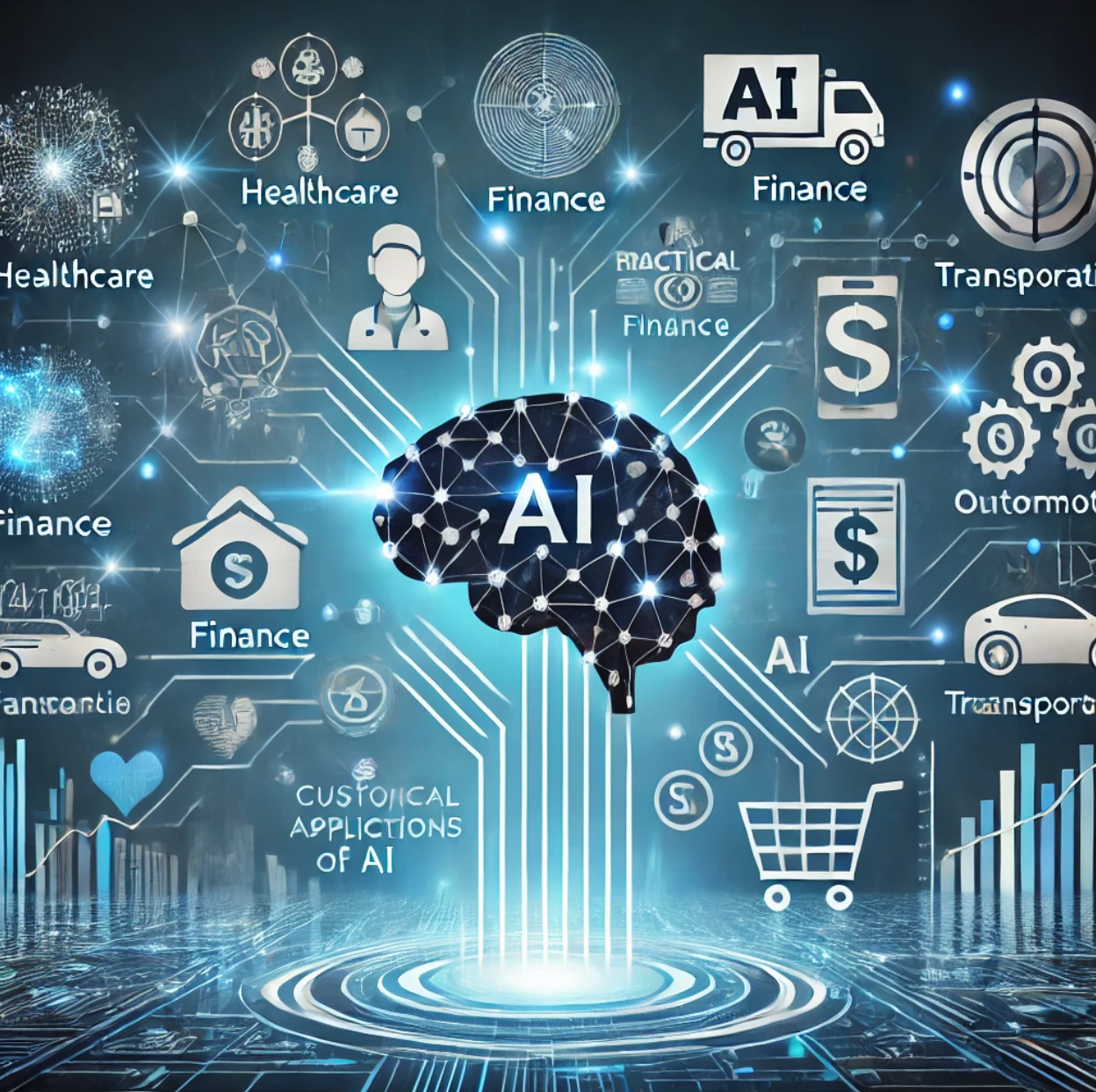
Beyond: AI in Other Industries
The applications of AI extend far beyond these sectors, touching almost every aspect of our lives:
1. Education
- Personalized Learning: Companies like Century Tech use AI to create personalized learning paths for students, adapting to their individual needs and learning styles.
- Automated Grading: AI systems can grade essays and provide feedback, saving teachers time and providing students with immediate results.
2. Agriculture
- Crop Monitoring: Companies like Blue River Technology use AI and computer vision to monitor crop health and target weeds precisely, reducing herbicide use by up to 90%.
- Yield Prediction: AI models can predict crop yields based on satellite imagery, weather data, and historical information, helping farmers make better planting and harvesting decisions.
3. Energy
- Smart Grids: AI is being used to optimize energy distribution in smart grids, balancing supply and demand in real-time.
- Renewable Energy Forecasting: AI models can predict solar and wind energy output, helping to integrate renewable sources into the power grid more efficiently.
4. Manufacturing
- Quality Control: AI-powered computer vision systems can detect defects in products with higher accuracy and speed than human inspectors.
- Supply Chain Optimization: AI algorithms can optimize supply chain operations, predicting demand and managing inventory more efficiently.
As we've seen, AI is not just a future possibility – it's already transforming industries and improving lives in countless ways. From healthcare breakthroughs to smarter cities, from personalized customer experiences to more efficient manufacturing, AI is driving innovation across the board.
But this is just the beginning. As AI technology continues to advance, we can expect even more groundbreaking applications that will reshape our world in ways we can hardly imagine.
Want to stay at the forefront of this AI revolution? Sign up for our newsletter and be the first to know about cutting-edge AI applications, expert insights, and exclusive case studies. Don't miss out on the opportunity to understand and leverage these transformative technologies. Join our community of forward-thinkers today and help shape the future of AI!
Sign Up For Our Weekly Newsletter and Get Your FREE Ebook " AI For Everyone - Learn the Basics and Embrace the Future"
JOIN OUR NEWSLETTER
Unleashing Innovation and Insights!
Thank you!
You have successfully joined our subscriber list.
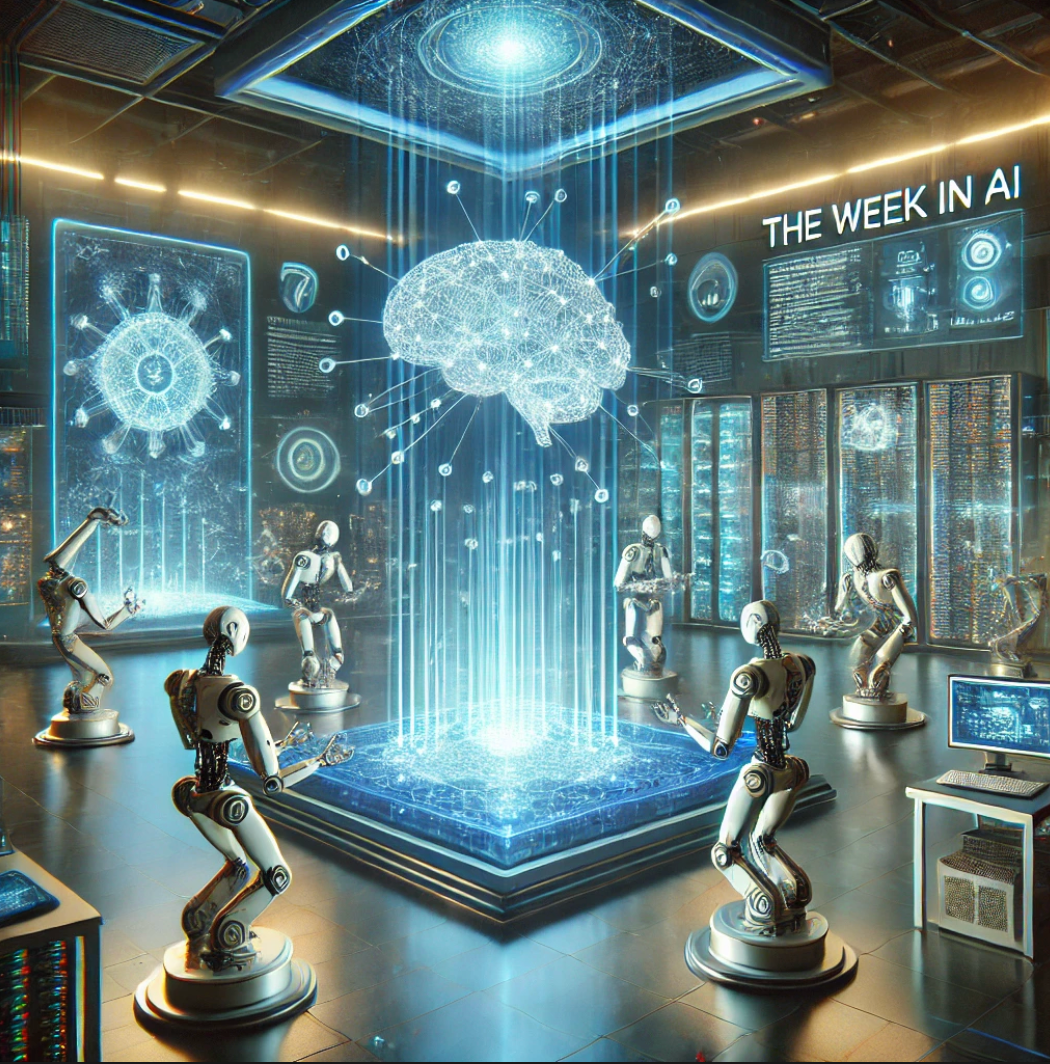
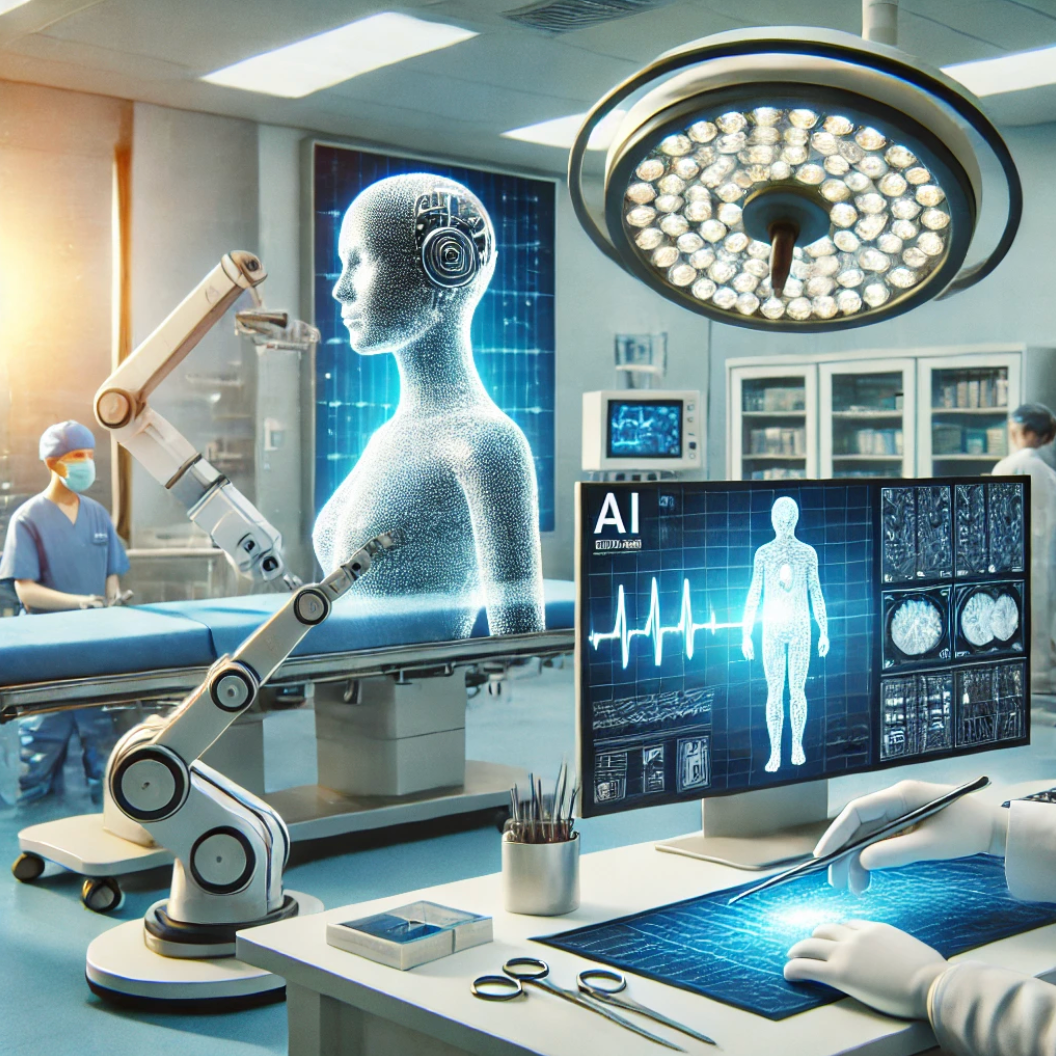
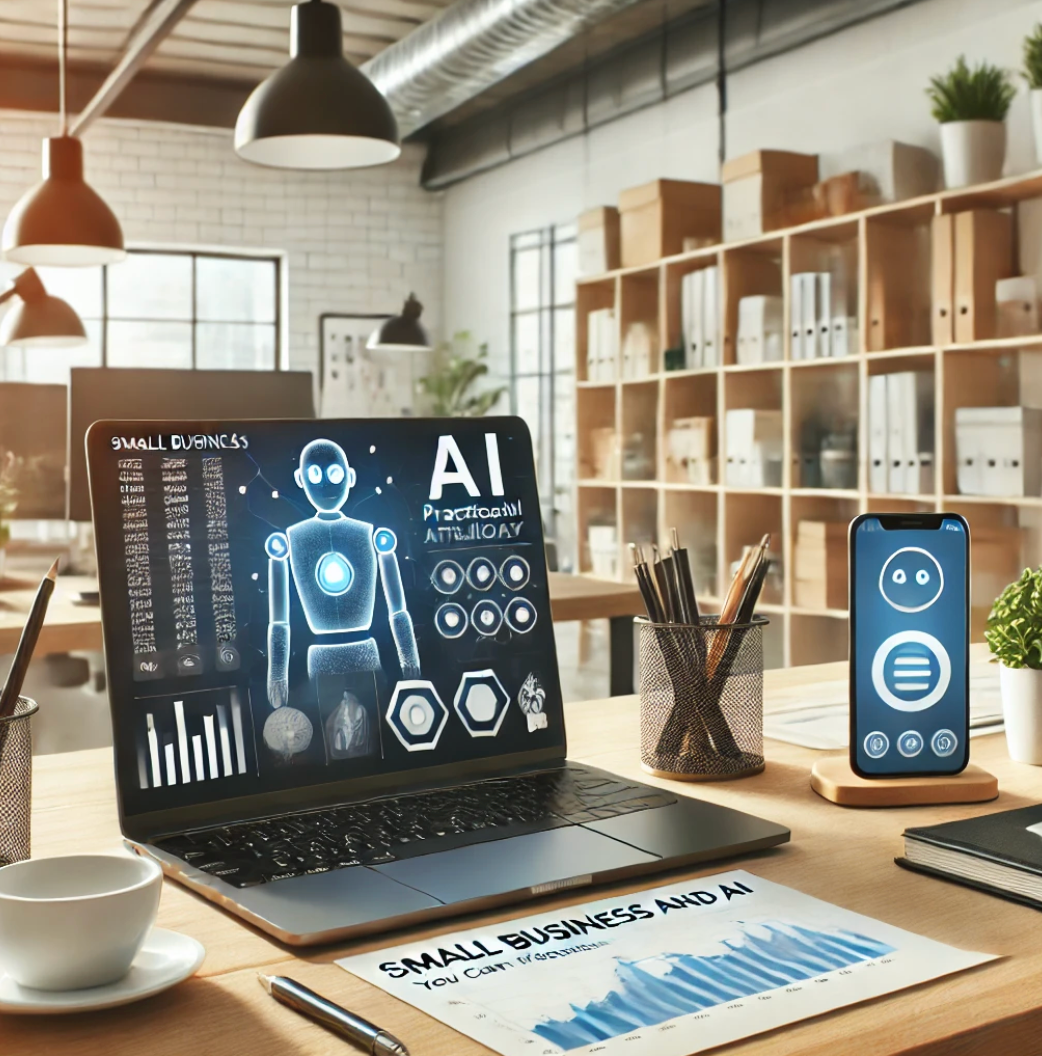
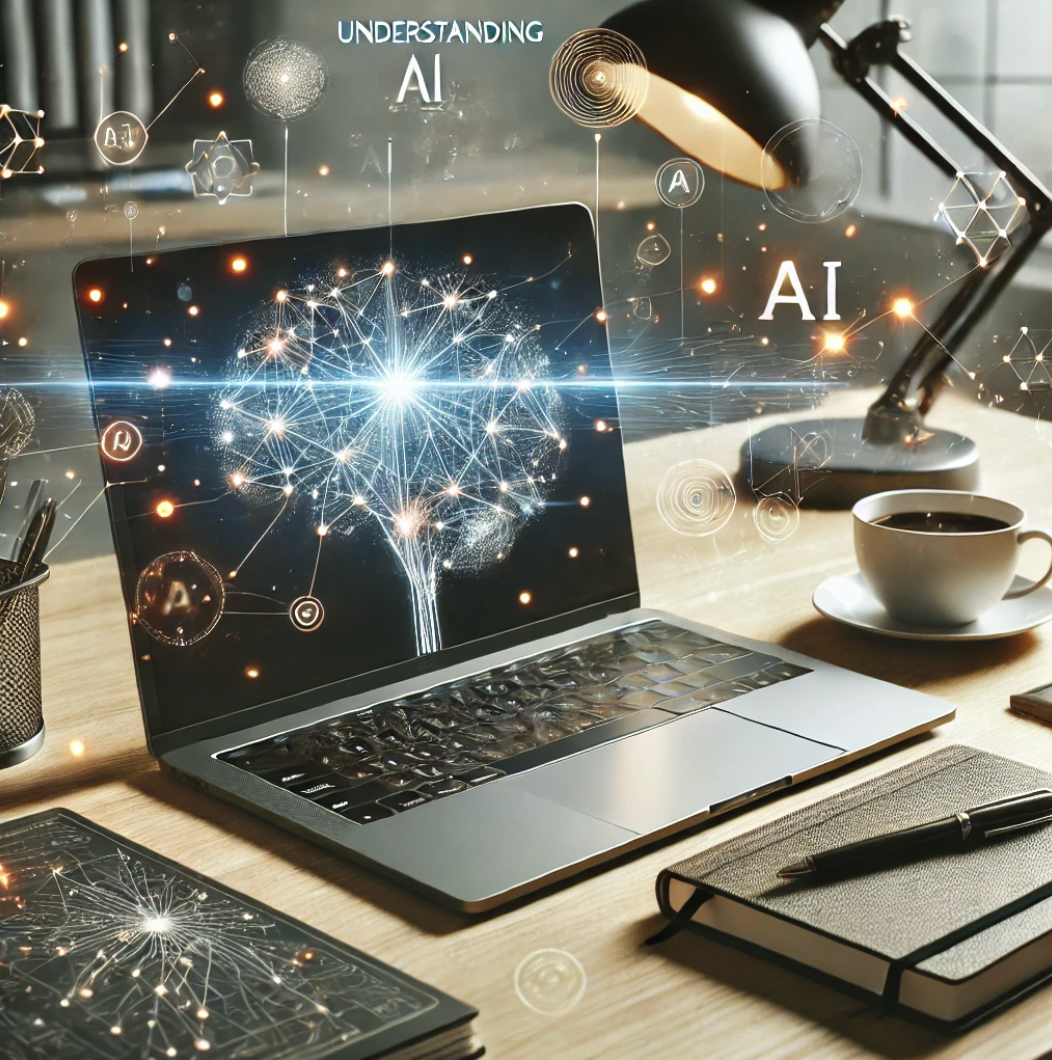
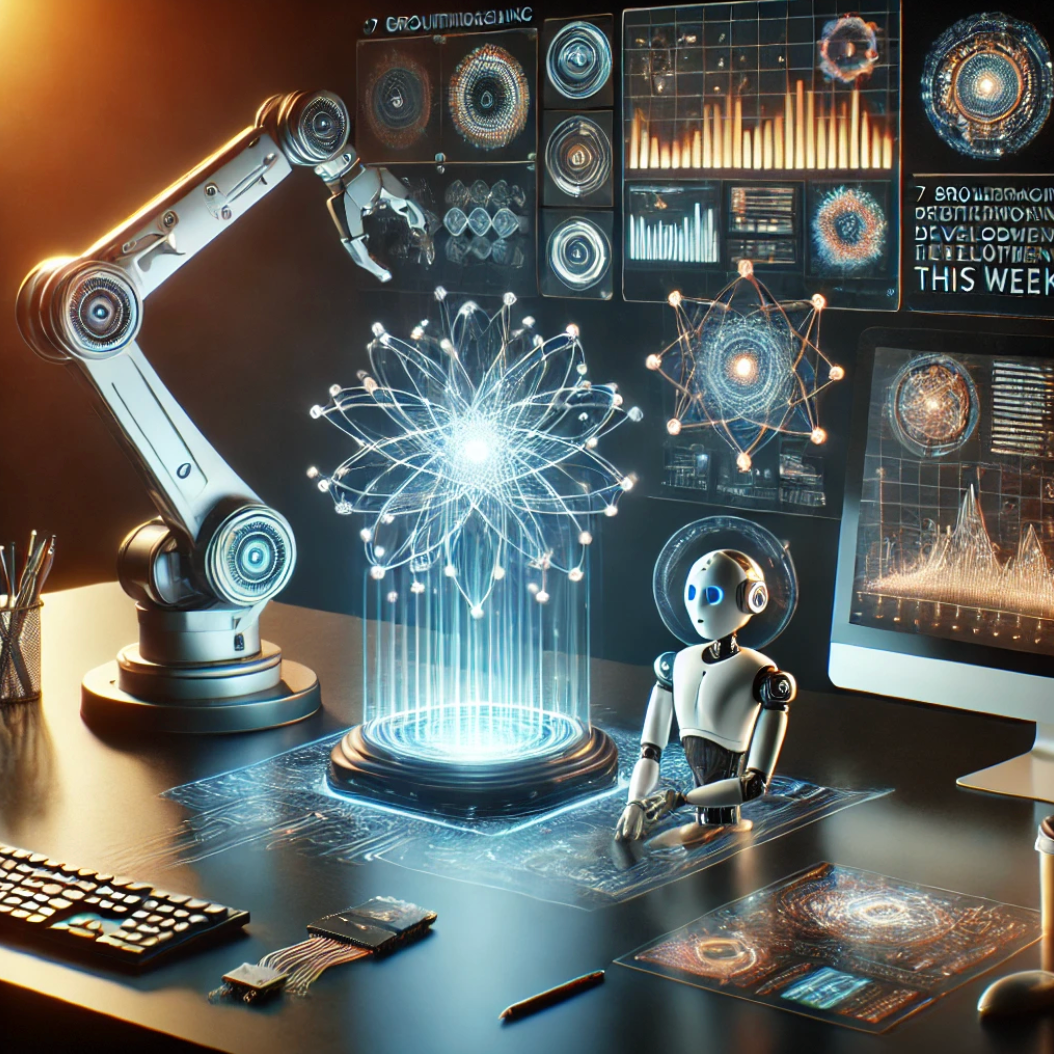


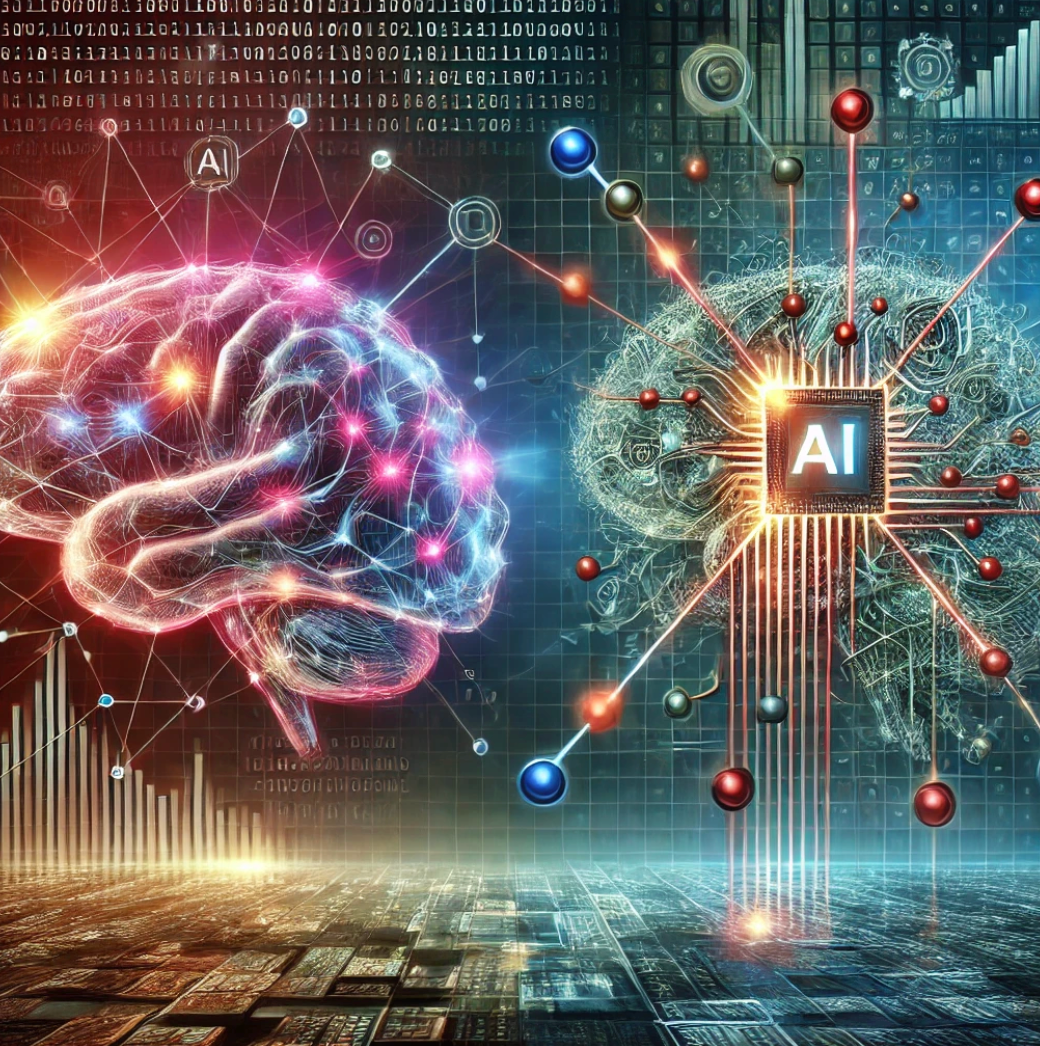
Let’s talk!
Have a question or comment?
Let us know.
